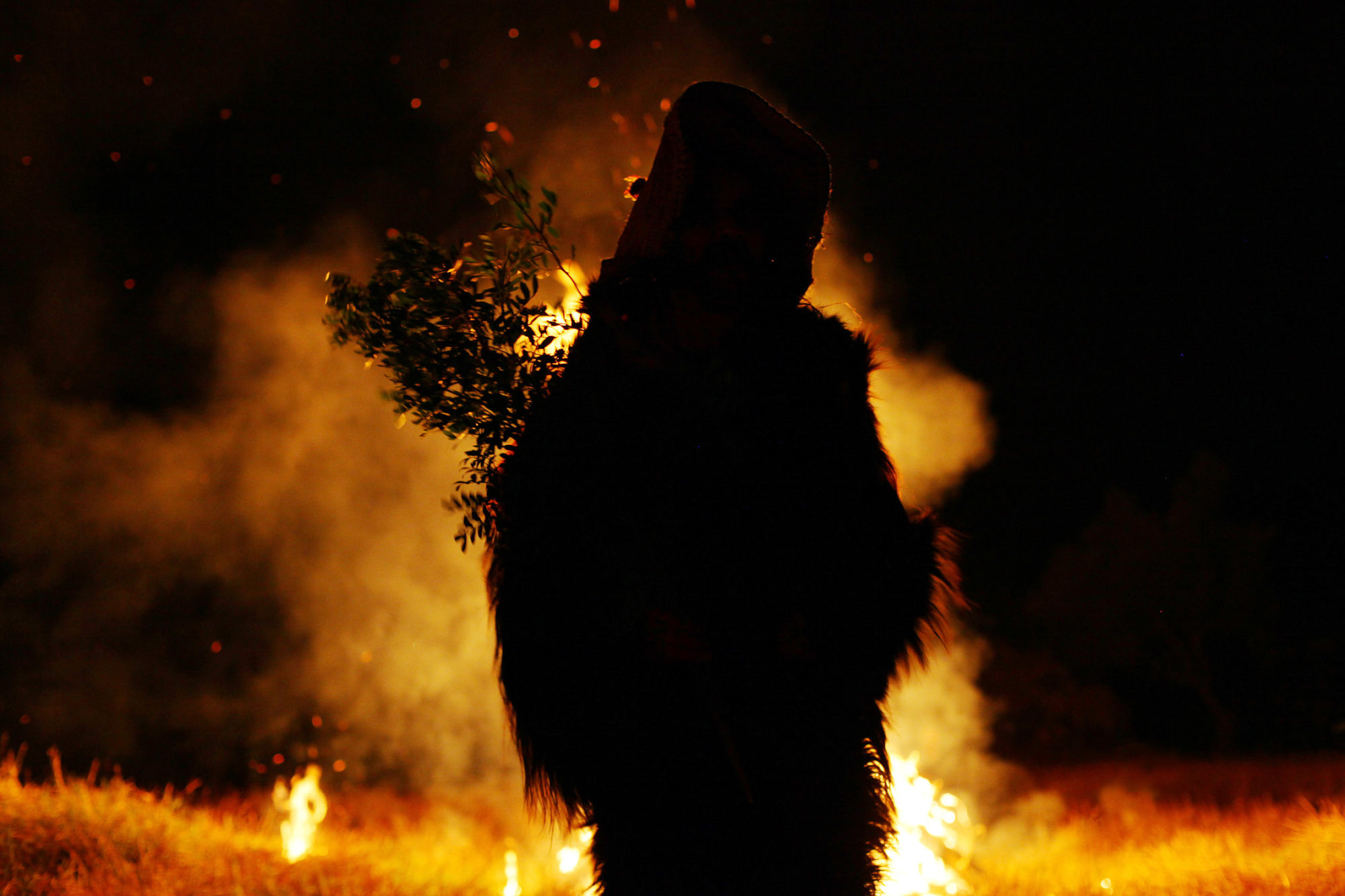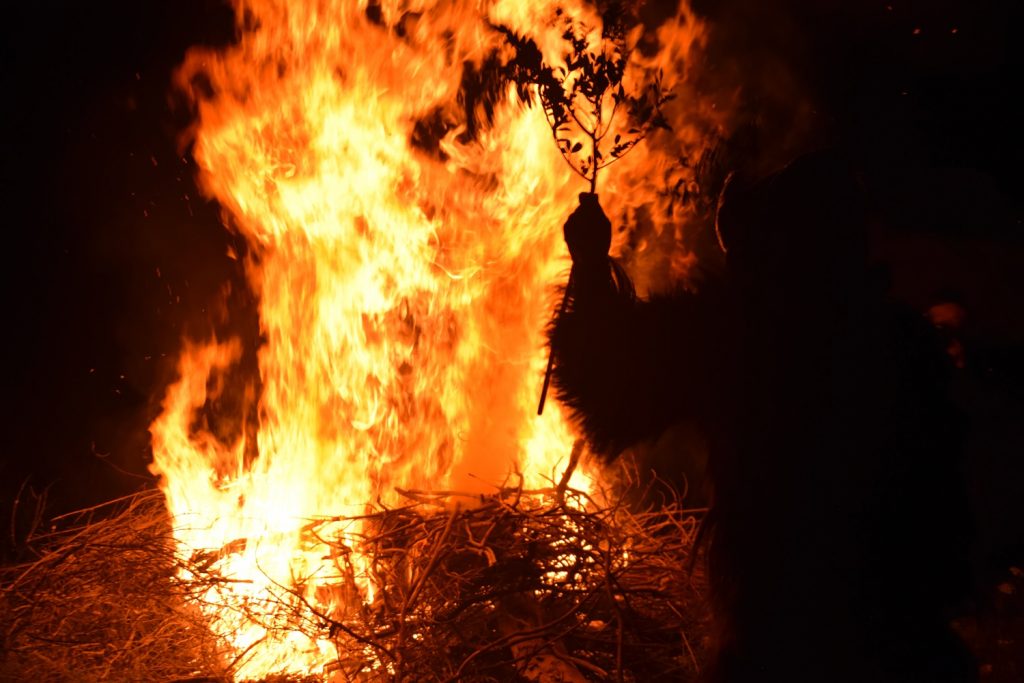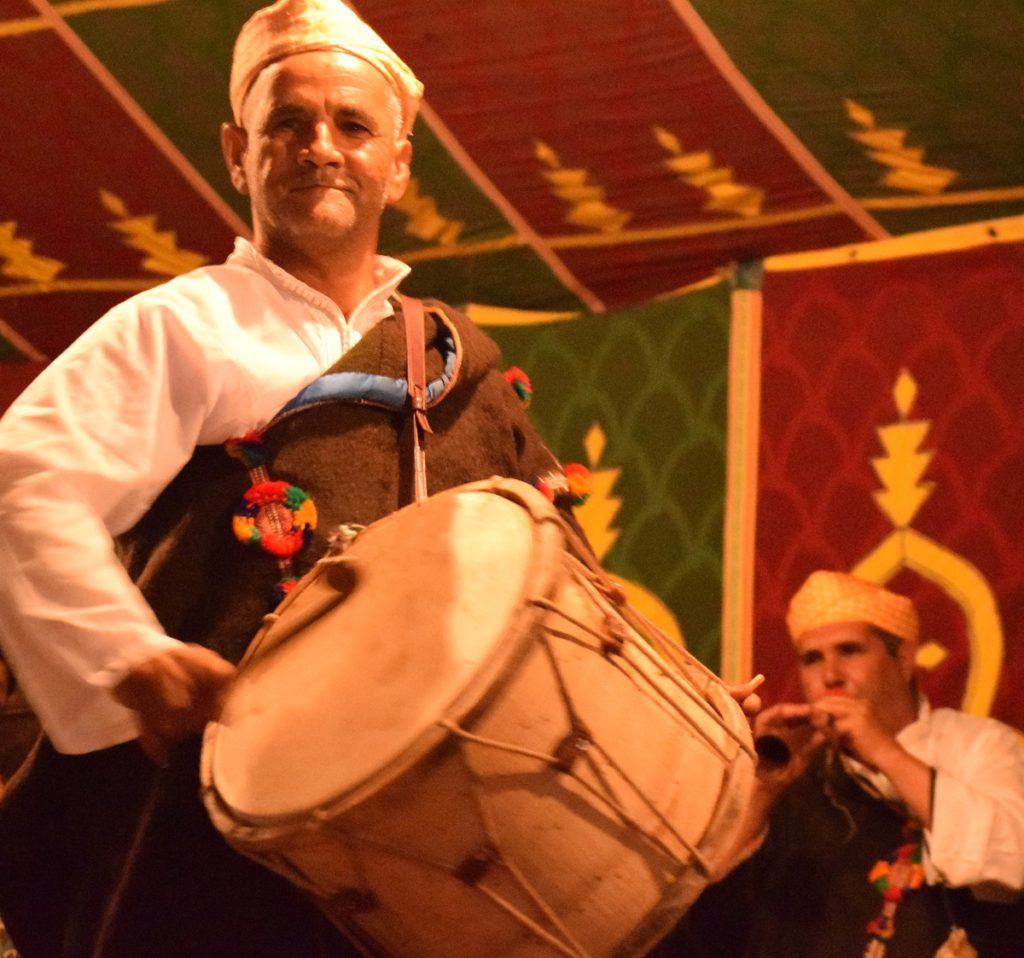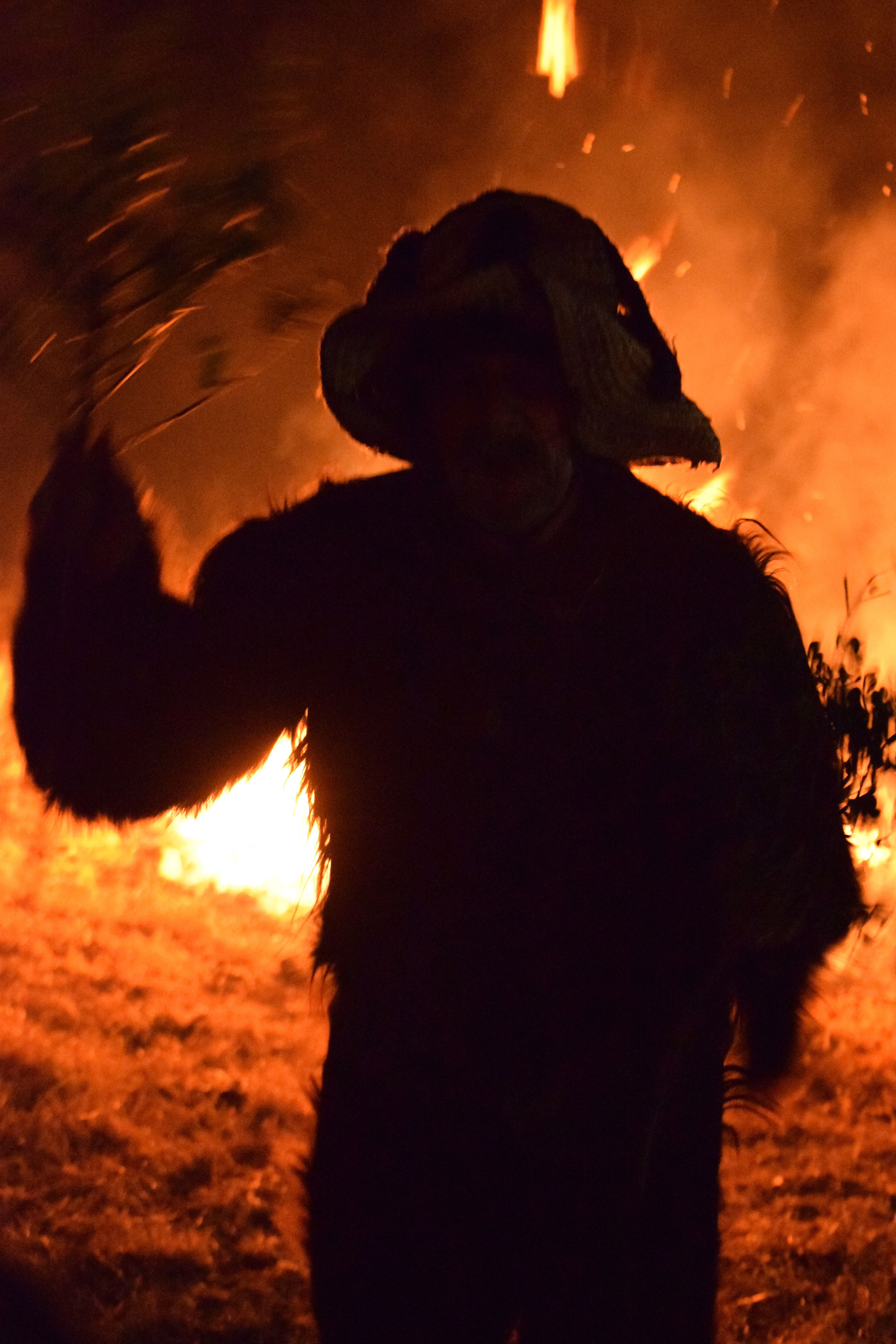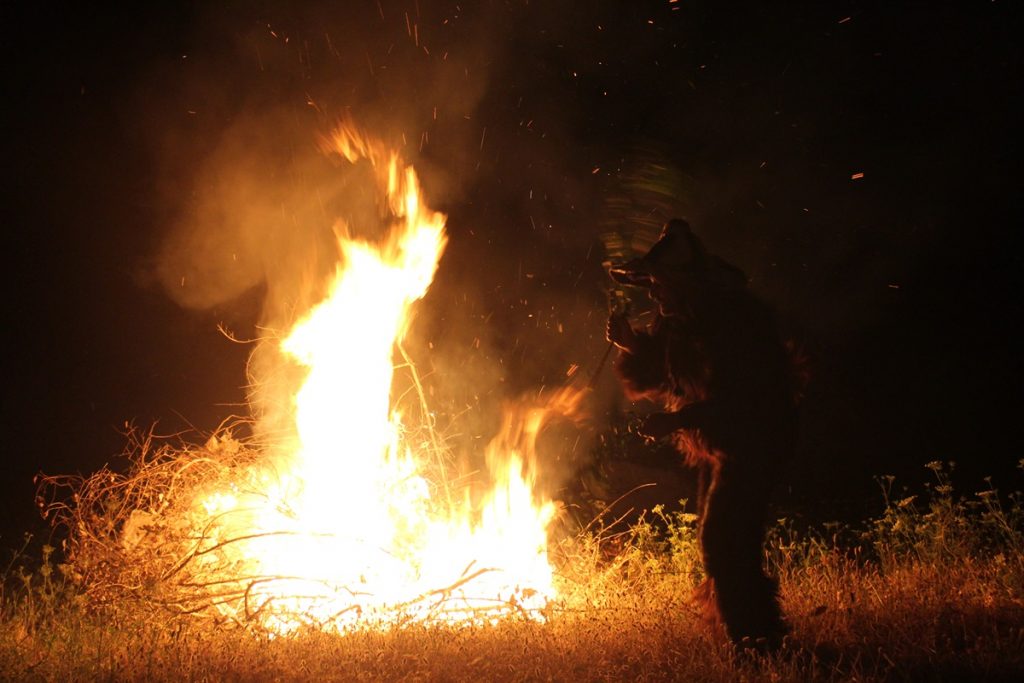
Second edition of this year’s festival has four limited spaces open to book now.
The Master Musicians of Joujouka welcome guests to their village in the Ahl Srif mountains in Morocco from 7-9 June.
Following cancellations due to unforeseen reasons the sold out festival has a limited number of four tickets available to book.
The ticket includes travel to and from the nearest train station, with drop off on Monday, 10th June. All food, drink and accommodation is provided. The Master Musicians of Joujouka play music each day of the festival.
Please email joujouka@gmail.com to find out more and book.
For more information about the festival click here
